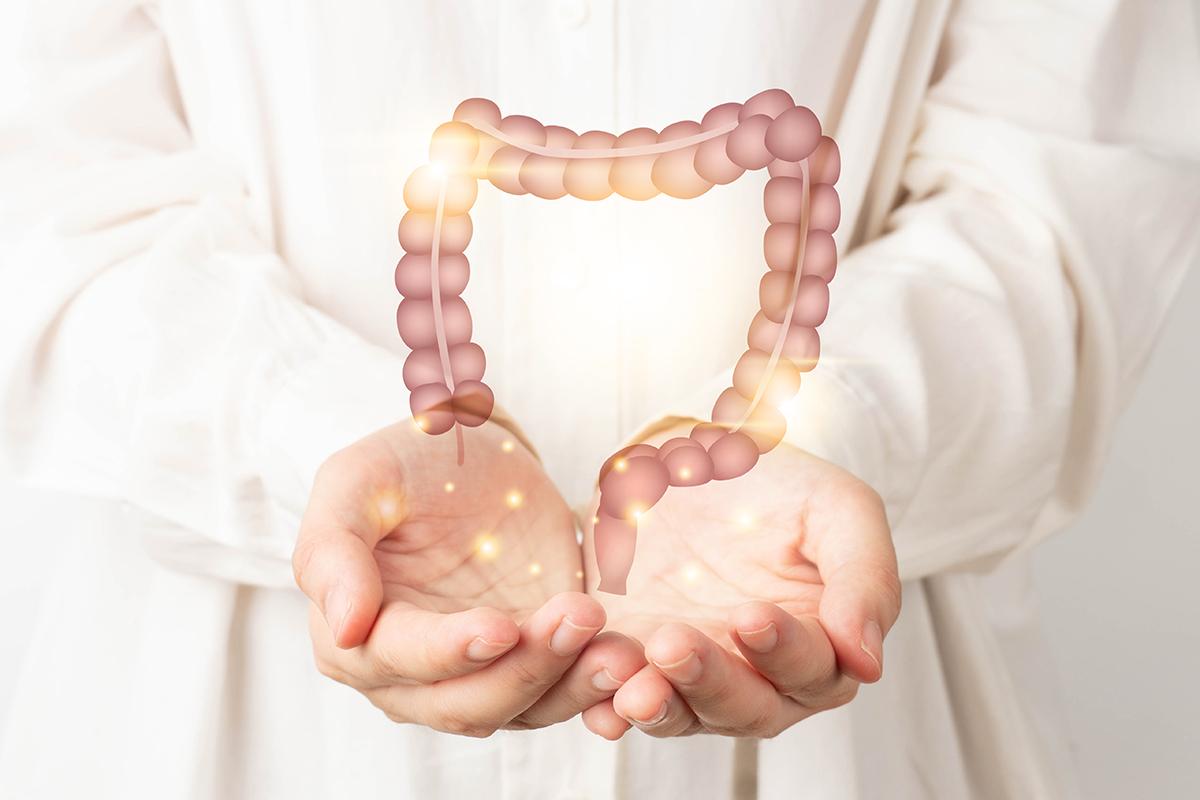As specialists in colorectal surgery, we are aware people find it difficult to discuss or attend to colon and rectal problems that they may be experiencing. That is why our office is focused on making you feel comfortable and relaxed about your treatment.
Here are the signs and symptoms that you need to know about that could possibly lead to a colorectal disorder. If you have experienced any of these signs or symptoms, please call us to set up an appointment.
Abdominal Pain
Many times the exact cause of abdominal pain can be hard to pinpoint. The severity of your pain, its location, and other symptoms you have may help determine what is causing the pain.
Mild pain or cramps that become more severe over several hours may be a symptom of a bowel obstruction.
Cramping is a type of pain that comes and goes or changes in position or severity. Cramping is rarely serious if it is relieved by passing gas or a stool. Many women have cramping pain with their menstrual periods. Generalized cramping pain is usually not a cause for concern unless it gets worse, lasts for longer than 24 hours, or localizes. Cramping that starts suddenly with diarrhea or other minor health problems can be quite painful but is usually not serious.
Many medicines can cause abdominal pain. Some medicines also cause side effects, such as constipation, that can make abdominal pain worse.
Occasionally, severe pain that comes on suddenly may be a symptom of an injury or a symptom of a serious condition. Schedule an appointment if severe abdominal pain is new or a different mild pain slowly becomes more severe over several hours or days.
Anal Itching
Anal and rectal itching (pruritus) is usually not a sign of a serious disease. The skin may appear red, but itching and scratching may make the skin turn white.
Common causes include hemorrhoids, infections, diet, excessive use of vitamin C or caffeine, medicines such as antibiotics that cause diarrhea or constipation, poor or excessive cleaning, and the use of scented toilet paper, scented soap or over-the-counter ointments such as Preparation H.
Anal Leakage
Leakage of stool from the anus is fecal incontinence. Leakage of mucus and blood from the anus are symptoms of a more serious condition called rectal prolapse.
Anal or Rectal Pain
Anal or rectal pain may be caused by an anal fissure, diarrhea, constipation, or anal itching and scratching. Other less common causes include hemorrhoids, anal abscesses and fistulas or rectal prolapse, injury, infection, diseases such as Crohn’s and ulcerative colitis or even colon cancer or rectal cancer. Schedule an appointment to talk with our doctors about your symptoms.
Blood in Stool
Blood in the stool means there is bleeding somewhere in your digestive tract. It may be obvious to the eye or unnoticeable. Sometimes the amount of blood is so small that it can only be detected by a fecal occult test. At other times it may be visible on toilet tissue or in the toilet after a bowel movement.
Possible causes of blood in stool include:
- Hemorrhoids. Swollen veins in the anal canal. More than half the U.S. population will develop hemorrhoids.
- Diverticular disease. Diverticula are small pouches that project from the colon wall. Usually diverticula don’t cause problems, but sometimes they can bleed or become infected.
- Anal fissure. A small cut or tear in the tissue lining the anus similar to the cracks that occur in chapped lips or a paper cut. Fissures are often caused by passing a large, hard stool and can be painful.
- Ulcerative colitis. Inflammation of the colon. Among the more common causes are infections or inflammatory bowel disease.
- Polyps or cancer. Polyps are benign growths that can grow, bleed, and become cancerous. Colorectal cancer is the third most common cancer in the U.S. It often causes bright red bleeding or even bleeding that is not noticeable with the naked eye.
It is important to have our doctors evaluate any bleeding in the stool. Any details you can give about the bleeding will help us locate the site of bleeding.
